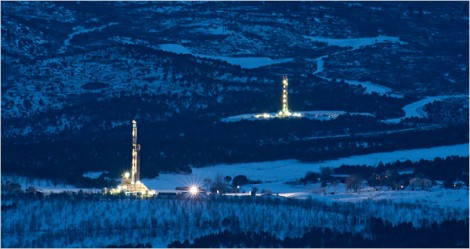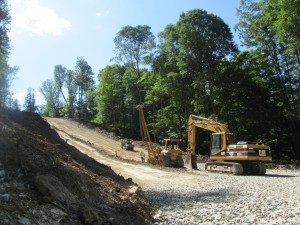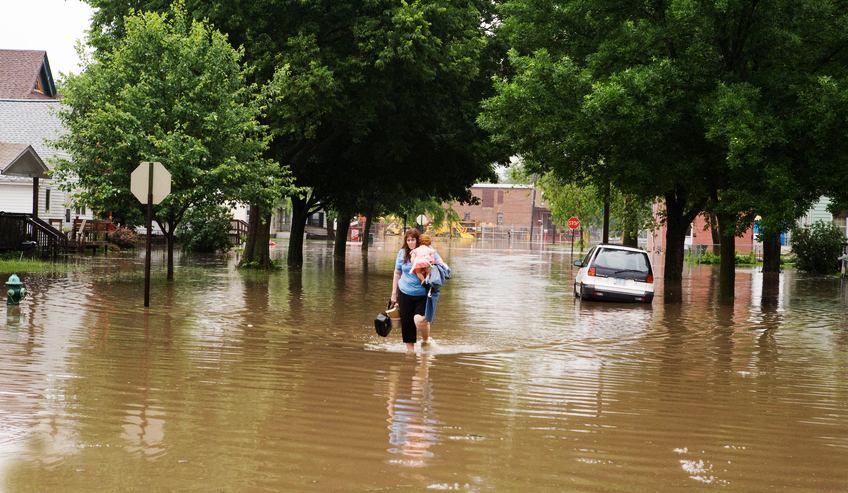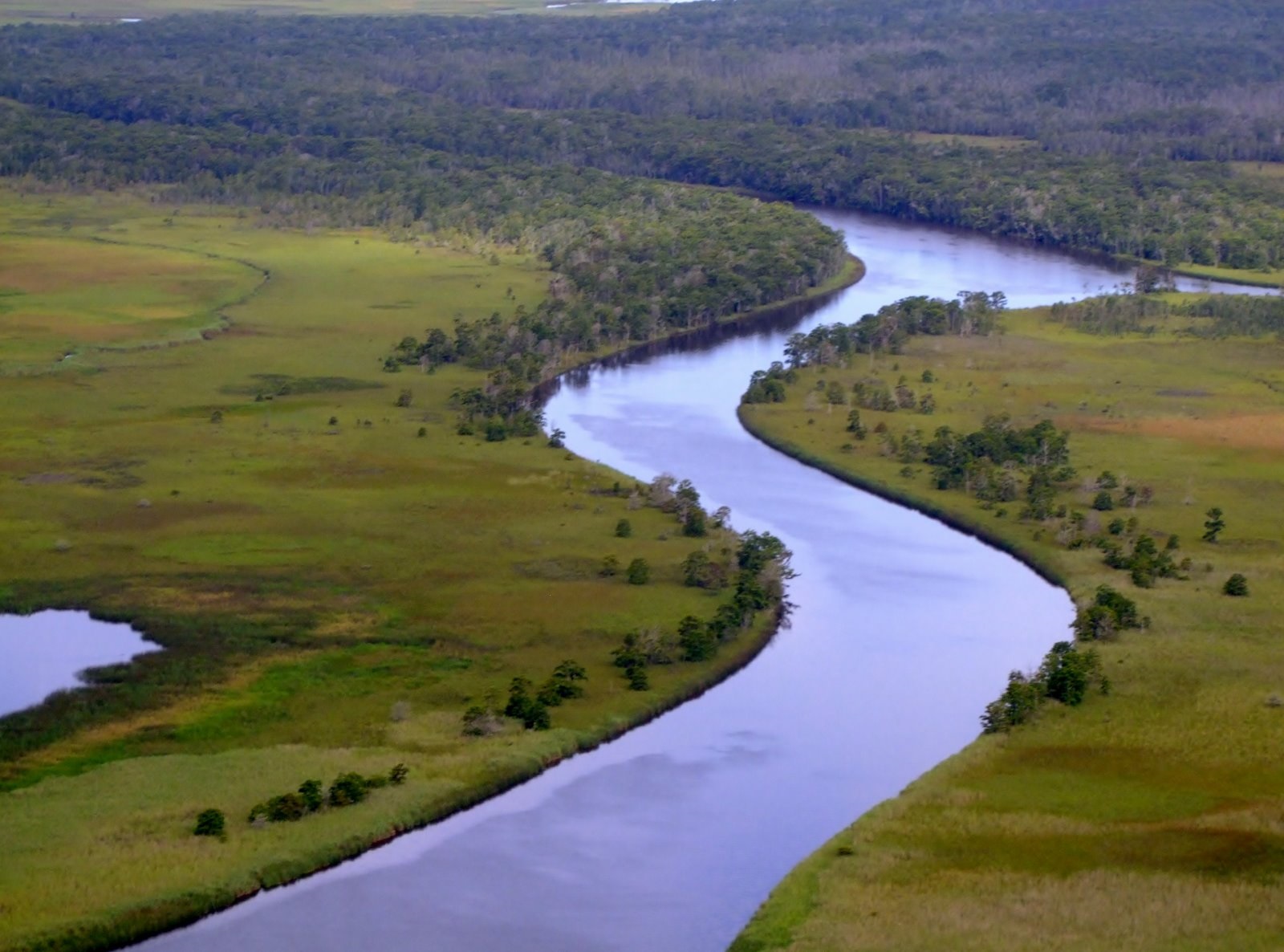People Over Pipelines & Fracked Gas
Water Bill Wastes Billions
September 30, 2016Learning from the Lives Along the River
November 28, 2016Written by Maya van Rossum, Delaware Riverkeeper Network
Interstate fracked gas pipelines are cutting through people’s lives at an increasing rate. The onslaught of shale gas extraction happening in Pennsylvania and other shale bearing states is resulting in an explosion of interstate fracked gas pipelines that are cutting through our front yards, our back yards, our farms, our forests, our creeks, our wetlands, our public parks, our preserved open space, and through every aspect of our community whether we want it there or not.
When an interstate fracked gas pipeline is proposed, the community is at a tremendous disadvantage. State and local laws are all preempted by federal law, only looped in to the degree a state has been granted authority to implement the federal clean water act, clean air act or coastal zone management act – other than that, critical community and environmental protections are set aside in order to serve the goals of the pipeline and gas companies.
The agency charged with overseeing pipeline proposals – FERC — has become so entangled with industry that FERC’s approval of a pipeline is literally a foregone conclusion. FERC is funded by the pipeline companies with charges to the industry directly related to the approvals given. There exists a demonstrated revolving door between FERC and the pipeline and gas industry, a revolving door that reaches the highest levels of the agency. FERC hires consultants to undertake work on its behalf despite having clear and obvious conflicts of interest. And that is just the short list. (For detail on all of these charges see the letter written to congress asking for congressional hearings: 182 Organizations Call for a Congressional Review of FERC
The Federal Energy Regulatory Commission (FERC) has been captured. It has been captured by the very industries it is supposed to regulate. The result is a growing web of pipelines built regardless of need, regardless of impact and regardless of the guidance or mandates of the law.
How does this capture play out real world?
- FERC regularly uses a legal loophole that prevents people, environmental and community protection organizations from being able to challenge pipeline projects before FERC allows them to go into construction;
- FERC approves pipeline projects, even allowing them to begin construction before the states have determined whether they will grant Clean Water Act approvals entrusted into their authority. That’s despite that the law that the state determination must come first;
- FERC allows pipelines to begin construction before federal wetland permits have been granted, thereby undermining their ability to protect natural resources and communities; and
- When pipeline companies are caught violating environmental and community protection laws, without exception FERC fails to issue penalties as a deterrent to future violations or to issue stop work orders to ensure pollution issues are addressed before construction is allowed to continue.
- Until March of this year, FERC’s Commissioners had an incredible 100 percent approval rating of pipeline projects presented to them for review.
In response to this lengthy track record of partiality, on March 2nd the Delaware Riverkeeper Network filed a lawsuit to challenge FERC’s violation of the fifth amendment of our US Constitution, which guarantees due process before the U.S. government can take a life, liberty or property interest. A week after the lawsuit was filed, FERC, for the first time since it became self-funding, denied a pipeline project. The obvious violations of law, policy and constitutional rights so clearly laid out for public display in our lawsuit seemingly sparked embarrassment at FERC and so the FERC Commissioners made a show of one denial, their only denial in 30 years.
Does this mean we can expect a change at FERC? Unfortunately not.
The action doesn’t change the underlying problems with FERC – it simply offers cover for FERC to claim it is not a rubber stamp for the industry it oversees. But a stamp made of 99 percent rubber is still a rubber stamp.
There is now an effort to call on Congress to hold congressional hearings into FERC’s abuses of power and law, and to seek meaningful reforms of the Natural Gas Act that will protect people, and environments over pipelines and gas drillers.
Over 180 organizations, representing communities in more than 35 states across the country have have written the leadership of the Senate Committee on Energy & Natural Resources and the House Energy & Commerce Committee to urge their support for Congressional hearings into the abuses of power, process and law by FERC when it comes to interstate natural gas pipelines, their compressors and LNG export facilities.
Almost immediately, in response to our letter, it was reported in the press:
“A Democratic spokesman for the House committee said Congress’ efforts have been focused “almost exclusively” on streamlining the pipeline process for the benefit of industry, “with little regard for the rights of private property owners, communities’ concerns, or the views of state and local officials.” At a minimum, he said, it is time for a “serious and comprehensive look” to ensure the Natural Gas Act, established in 1938, is still serving the public interest.” Click here for more information>>
While this swift response is positive and gives room for hope, the communities impacted by pipelines do not have the luxury of time. We need to shine the spotlight on FERC’s abuses of law and power today. And so on December 2nd, at the National Press Club, in Washington DC there will be a Peoples’ Hearing on FERC’s abuses and the need for fast and firm reform.
If you have been impacted by FERC and its pipeline bias, consider testifying to share your story – you can learn more, including how to sign up here>>
Whether or not you are being threatened by FERC abuse, consider writing Congress to urge the requested Congressional Hearings>>
It is time for Congress to act to Protect People Over Pipelines & Fracked Gas.






